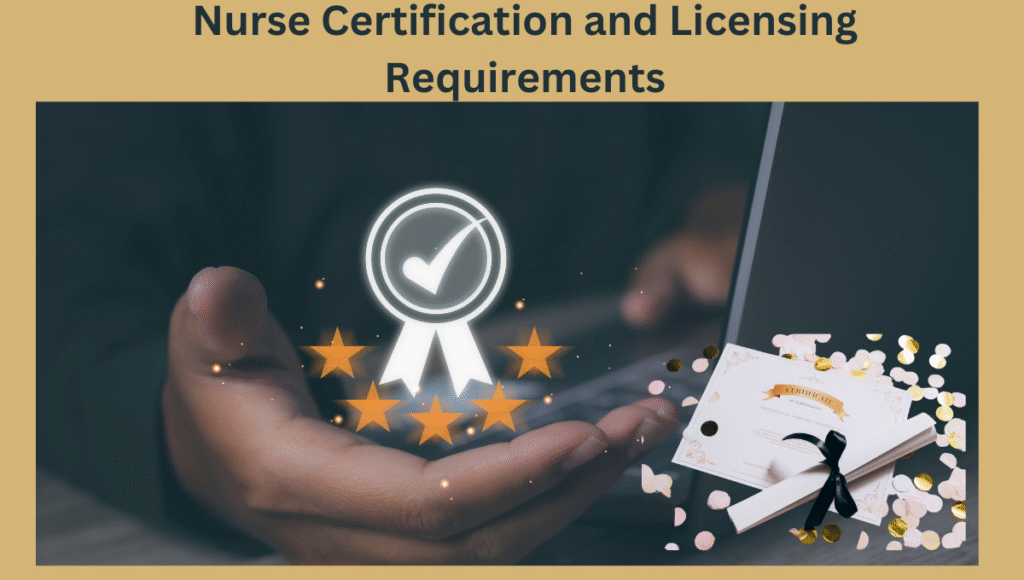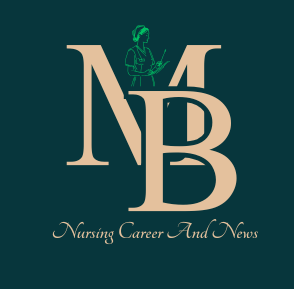5 Powerful Ways to Advance Your Nursing Career
Overview
In the dynamic realm of healthcare, nursing professionals must continually develop to address emerging demands, adopt technological innovations, and provide optimal standards of care. Career progression is not only attainable but also imperative, whether you are a recent graduate or an experienced nurse seeking to progress further. We examine five pragmatic techniques to advance your nursing profession.

1. Establish a Professional Network and Identify a Mentor
Success in nursing is not solely contingent upon knowledge; it also relies on professional connections. Networking facilitates access to novel opportunities, mentorship, and collaboration.
Strategies for Expanding Your Nursing Network
Become a member of professional organizations such as the American Nurses Association (ANA), the National League for Nursing (NLN), and the Association of Perioperative Registered Nurses (AORN). Engage with colleagues on LinkedIn and nursing forums. Participate in neighborhood gatherings, career expos, or alumni functions. Identify a mentor who has traversed the trajectory you aspire to follow. An extensive network can assist in managing career transitions, discovering new employment prospects, and obtaining insightful career guidance.
2. Seek Advanced Education in Nursing
Acquiring advanced degrees is one of the most efficient methods to progress in your nursing career. Advancing beyond your foundational nursing qualification facilitates access to leadership positions, specialized domains, and enhanced earning capacity.
Obtain a Bachelor of Science in Nursing (BSN)
Although some nurses commence their careers with an Associate Degree in Nursing (ADN), a Bachelor of Science in Nursing (BSN) is increasingly regarded as the industry standard. Employers are progressively favoring or mandating BSN-prepared nurses owing to their superior critical thinking, leadership, and research capabilities.
Pursue a Master of Science in Nursing (MSN)
An MSN qualifies individuals for positions including nurse educator, nurse manager, or advanced practice registered nurse (APRN). This educational attainment broadens your professional scope, facilitating autonomous decision-making and increased responsibilities.
Contemplate pursuing a Doctor of Nursing Practice (DNP) or a PhD.
A DNP or PhD provides unparalleled credibility and competence for individuals pursuing elite leadership, policy-making, or academic careers. These terminal degrees place you at the front of healthcare reform.

3. Acquire Specialty Certifications
Achieving certification in a specialized field demonstrates your proficiency, dedication, and capabilities. Certification enhances your résumé and provides a competitive advantage in job applications and promotions.
Highly Sought-After Nursing Certifications:
Critical Care Registered Nurse (CCRN),
Certified Emergency Nurse (CEN),
Certified Pediatric Nurse (CPN),
Oncology Certified Nurse (OCN),
Certified Nurse in the Operating Room (CNOR)
Each certification necessitates expertise in the respective discipline and the successful completion of a stringent examination. Employers acknowledge and compensate these credentials with increased salary and promotional prospects.
4. Acquire Experience in Leadership Positions
To ascend in the nursing profession, one must have leadership proficiency. Assuming supervisory roles demonstrates initiative and equips you for prospective management careers.
Leadership Opportunities: Assume the Role of Charge Nurse or Shift Coordinator Serve as a preceptor or mentor for novice nurses. Participate in hospital committees or quality enhancement teams.
Engage in policy formulation or personnel training programs.
Effective leadership within the unit results in promotions, including positions such as nurse manager, director of nursing, or chief nursing officer (CNO).
5. Remain Informed through Ongoing Education and Trends
Healthcare is ever-evolving, and the most proficient nurses are those who remain proactive and informed. Continuing education (CE) not only satisfies licensure obligations but also enhances your clinical expertise.
Remain Informed and Pertinent
Subscribe to nursing publications such as the American Journal of Nursing or Nursing2024. Participate in national and international nursing conferences.
Enroll in online courses on platforms such as Coursera, Medscape, or Lippincott. Participate in webinars, podcasts, and virtual workshops. Familiarity with novel methods, rules, and technologies ensures your adaptability and significance to your healthcare team.
Final Analysis
Progressing in your nursing profession necessitates commitment, strategic planning, and ongoing development. The trajectory ahead is yours to architect, whether via advanced education, specialist credentials, or leadership positions. The healthcare sector offers abundant opportunities—commit to continuous education, engage with helpful colleagues, and consistently pursue excellence. Make your forthcoming career transition deliberate. Your investment in professional development today will produce significant benefits in the future.


Interesting read! Seeing AI tools like Google Banana really change the game – especially for quick edits across devices. It’s amazing how accessible powerful image manipulation is becoming for everyone now.